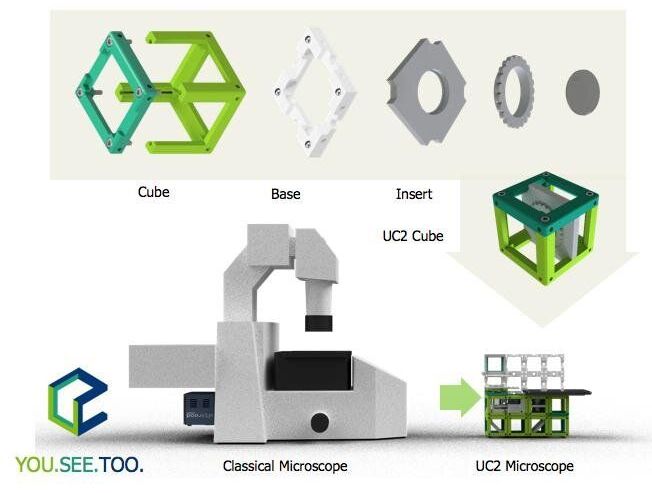According to the U.S. Centers For Disease Control (CDC), in 2018, over 36,000 people were killed, and over 2 million were injured, from motor vehicle crashes, costing the nation $44 billion in medical expenses and work loss.
The American Automobile Association (pronounced “Triple A”) is a federation of motor clubs throughout North America, and is a privately held, not-for-profit national member association and service organization, with over 60 million members in the United States and Canada, and provides a variety of services to its members, including roadside assistance and others.
The AAA Foundation for Traffic Safety is a not-for-profit, publicly supported charitable research and education organization dedicated to saving lives by preventing traffic crashes and reducing injuries when crashes occur.
Initially emphasizing projects related to safety patrols and driver education, today the Foundation has expanded its scope of work and has long been recognized as a leader in traffic safety, with a focus on four research priorities: Driver behavior and performance, Emerging technologies, Roadway systems and drivers, and Vulnerable road users.
Dr. David Yang, is Executive Director at AAA Foundation for Traffic Safety (and assumed this role in October 2016)
Previously, Dr. Yang worked for the U.S. Department of Transportation and private consulting firms.






